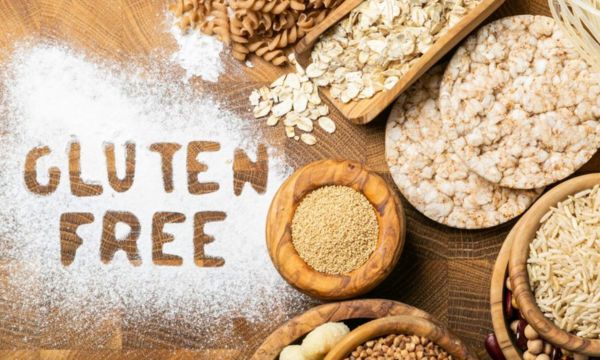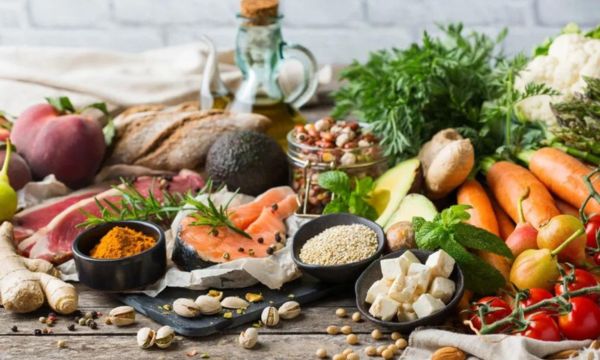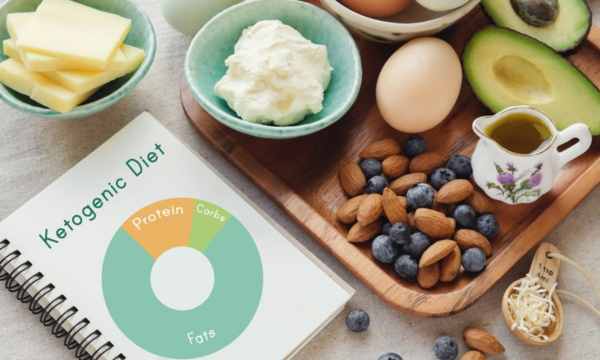Going Vegan: What You Need to Know
Veganism is not just a choice about what to eat; It’s also a commitment to a mindset that goes beyond the plate. Veganism is a lifestyle that does not use animal products. It has become very popular in recent years. For many, this is a choice based on ethics, the world and health. Still, switching from a regular diet to a vegan diet means more than giving up meat and cheese. In this complete guide, we’ll learn what vegetarianism is, what you need to know about the diet, and how this choice affects you and the world at large.
Understanding Veganism: More Than a Diet
Veganism is a lifestyle that seeks to avoid using animals for food, clothing or anything else. Veganism starts with what you eat, but it is so much more than that. It includes clothing, cosmetics and even entertainment. The philosophy behind it is based on kindness, care for the environment and commitment to animal welfare.
Nutritional Considerations:
1. Vegetable Protein
Proteins are very important for building the body. Beans (such as lentils and broad beans), tofu, tempeh, rice, nuts and seeds are all vegan ways to get protein. A balanced mix of these protein sources ensures the absorption of all essential amino acids.
2. Add Vitamin B12 to Your Diet
Vitamin B12 is mainly found in animal products. It is important for nerve activity and the production of DNA and red blood cells. Vegetarians often need to take vitamin B12 supplements or eat foods fortified with vitamin B12 to prevent vitamin B12 deficiency. B12 levels can be monitored through regular health checks.
3. Where can You get Calcium?
Calcium is important for bone health and is often associated with dairy products. Plant-based milks with added calcium, green leafy vegetables such as collards and kale, and some nuts and seeds are all good sources of calcium for vegetarians.
4. Iron-Rich Foods
Iron is needed in the blood to transport oxygen throughout the body. Although plant iron (called ‘non-heme iron’) is more difficult to absorb than animal iron (called ‘heme iron’), absorption improves when iron-rich foods are eaten with foods rich in vitamin C. Good plant sources include lentils, spinach, tofu and fortified grains.
5. Fatty Acids and Omega-3
Fatty foods are rich in omega-3 fatty acids, which are good for heart and brain health. These important fatty acids are found in linseed, chia seeds, hemp seeds and peanuts.
The Effect on the Environment:
1. Reduction of Carbon Content in the Air
When people raise animals, many greenhouse gases are released. By choosing plant-based foods, you can reduce your carbon footprint and help fight climate change.
2. Keep Natural Resources in Good Condition
Raising animals requires large amounts of water and land. Switching to a plant-based diet can save these precious resources and make the world more sustainable.
3. Ensure Biodiversity
When trees are cut down to make way for livestock farms, ecosystems are damaged and biodiversity is threatened. Veganism is good for biodiversity because it reduces the need for animal products, making natural habitats less crowded.
Impact on Ethics and Morals:
Vegans fight for the right way to treat animals. By not eating animal products, people protest against factory farming, animal abuse and the use of animals for human purposes. This is one of the most important parts of being a vegetarian.
How to Switch to Vegetarianism?
- Follow a Training Course: Learn about plant-based nutrition, how to cook and vegan places near you. Knowledge is the key to successful change.
- Gradual Changes: For some people, the best way to change is to take your time. Start by eating more plant foods and then slowly reduce animal foods from your diet.
- Try Different Recipes: There are many delicious vegetarian meals there. Trying new foods can make change fun.
- Ask for Help: Join a vegetarian group near you or online. It’s really helpful to get support along the way and talk about what you’ve learned.
- Reading Labels: Ingredients derived from animals can be hidden in prepared foods. Reading labels can help you stay away from hidden animal products.
Conclusion:
Becoming a vegetarian is more than just deciding what to eat; It is a commitment to kindness, a healthy environment and a better future. When people understand the nutritional aspects, ethical implications, and larger environmental impacts, they can make decisions that are consistent with their values. Adopting a vegan lifestyle is not just a personal journey; It is also a step towards a better, more sustainable world, plate by plate.
FAQs:
1. What does it mean to be a vegetarian?
Becoming a vegetarian means abstaining from all animal products, including meat, dairy, eggs and even non-food products such as leather and cosmetics that come from animals. It is a lifestyle choice that puts animal welfare, environmental protection and personal health first.
2. How do I ensure I get enough protein through a vegan diet?
There are plenty of plant-based protein sources such as beans, tofu, tempeh, quinoa, nuts and seeds. A balanced combination of these foods provides all the essential amino acids. In addition, vegetarian protein supplements are available for people with a higher protein requirement.
3. Is it necessary to take supplements with a vegan diet?
Although a well-planned vegan diet can provide most of the nutrients, supplements such as vitamin B12 are recommended as they are found primarily in animal products. Regular checkups with your healthcare provider can ensure that you are meeting all nutritional needs.
4. As a vegetarian, how do I deal with social challenges, such as eating out or family gatherings?
Social situations can be handled with open communication. If you inform a restaurant in advance of your dietary preferences, they will often offer vegetarian options. At family gatherings, bringing a vegan dish to share can ensure you have something to eat while introducing others to plant-based meals.
5. Can children and pregnant women safely follow a vegan diet?
Yes, with good planning. A vegan diet is suitable for children and pregnant or lactating women, but extra care is needed to ensure adequate intake of nutrients such as vitamin B12, iron and calcium. In this case, it is crucial to consult a pediatrician or healthcare provider for individualized guidance.
 Living Gluten-Free: A Comprehensive Guide
Living Gluten-Free: A Comprehensive Guide
Gluten-free living has gone from being the only option for a small group of people to being […]
More Understanding Daily Nutritional Needs
Understanding Daily Nutritional Needs
With all the nutritional recommendations out there, it can be difficult to figure out what to eat […]
More The Ketogenic Diet: Benefits and Risks
The Ketogenic Diet: Benefits and Risks
In recent years, the ketogenic diet, also known as the ‘ketogenic diet’, has become very famous as […]
More